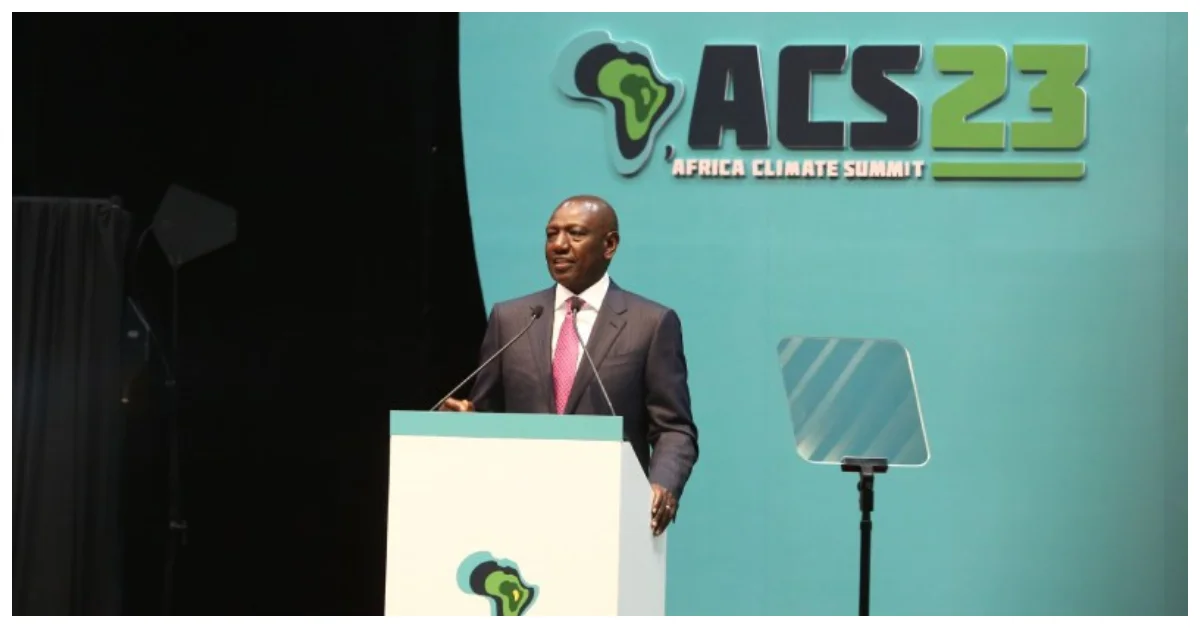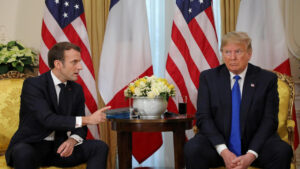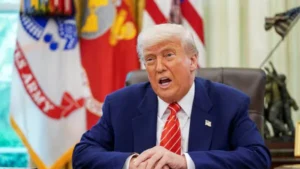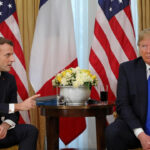President William Ruto has called on nations worldwide to reconsider their use of plastic bags. Speaking at the United Nations office in Gigiri during the third session of the inter-governmental negotiating committee on ending plastic pollution, he emphasized the necessity for a substantial shift in the production and packaging of plastic.
Encouraging a departure from conventional practices, he stressed the urgency of exploring alternatives that are environmentally sustainable. He invited innovators globally to invest in Africa, tapping into the continent’s natural resources for practical alternatives.
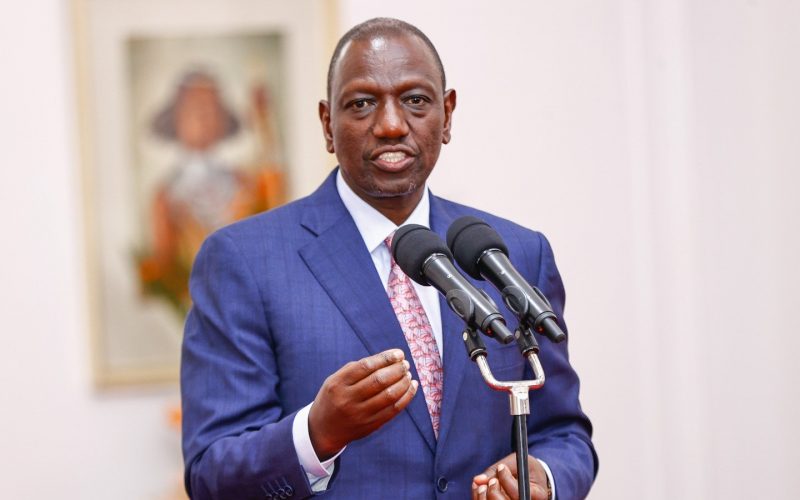
According to the President, this represents an opportunity for African industries specializing in plastic alternatives to take a leadership role in fostering economic growth and transformation. Highlighting Kenya’s commitment to eradicating plastic pollution, he pointed to the bans on polythene bags in 2017 and single-use plastics in protected areas in 2020.
“We demonstrated this commitment with the ban on the manufacture and use of polythene bags in 2017, followed closely in 2020 with a ban on single-use plastics in protected areas such as national parks, forests and beaches,” the President said.
Read Also: Innovative Climate Finance Solutions for Africa
The recent enactment of Kenya’s Sustainable Waste Management Act in July 2022 also drew attention as a pioneering move globally. This legislation made Kenya the first country to subject all products, including plastics, to Extended Producer Responsibility.
Despite these commendable efforts, Ruto acknowledged the need for more action and expressed Kenya’s willingness to play a proactive role in the global campaign against plastic pollution.
Citing alarming global statistics of over 400 million tons of plastic waste annually, with less than 10% being recycled, the President emphasized the immediate need for decisive action. He cautioned that without intervention, the world could produce over a billion tons of plastic by 2060.
Subscribe to Switch TV
To address this imminent crisis, Ruto highlighted the importance of revising consumption and production practices. He called on negotiators to work towards a transformative treaty, describing it as the catalyst for much-needed change


